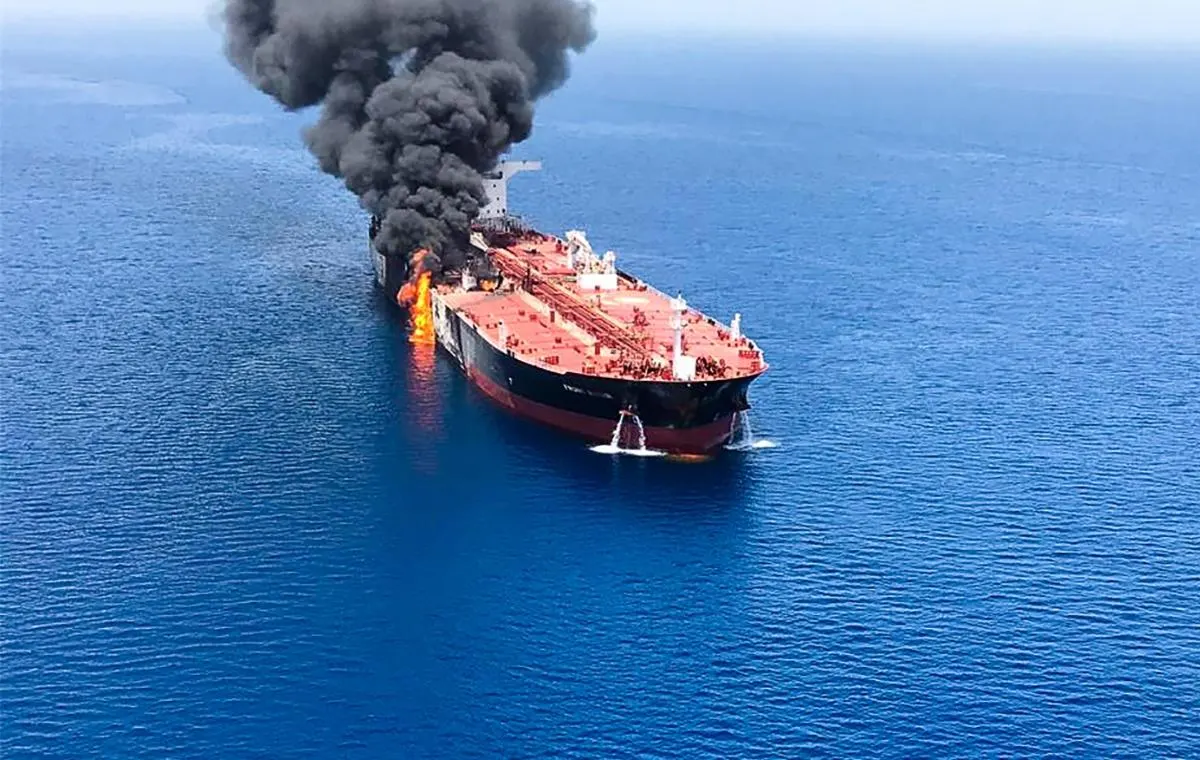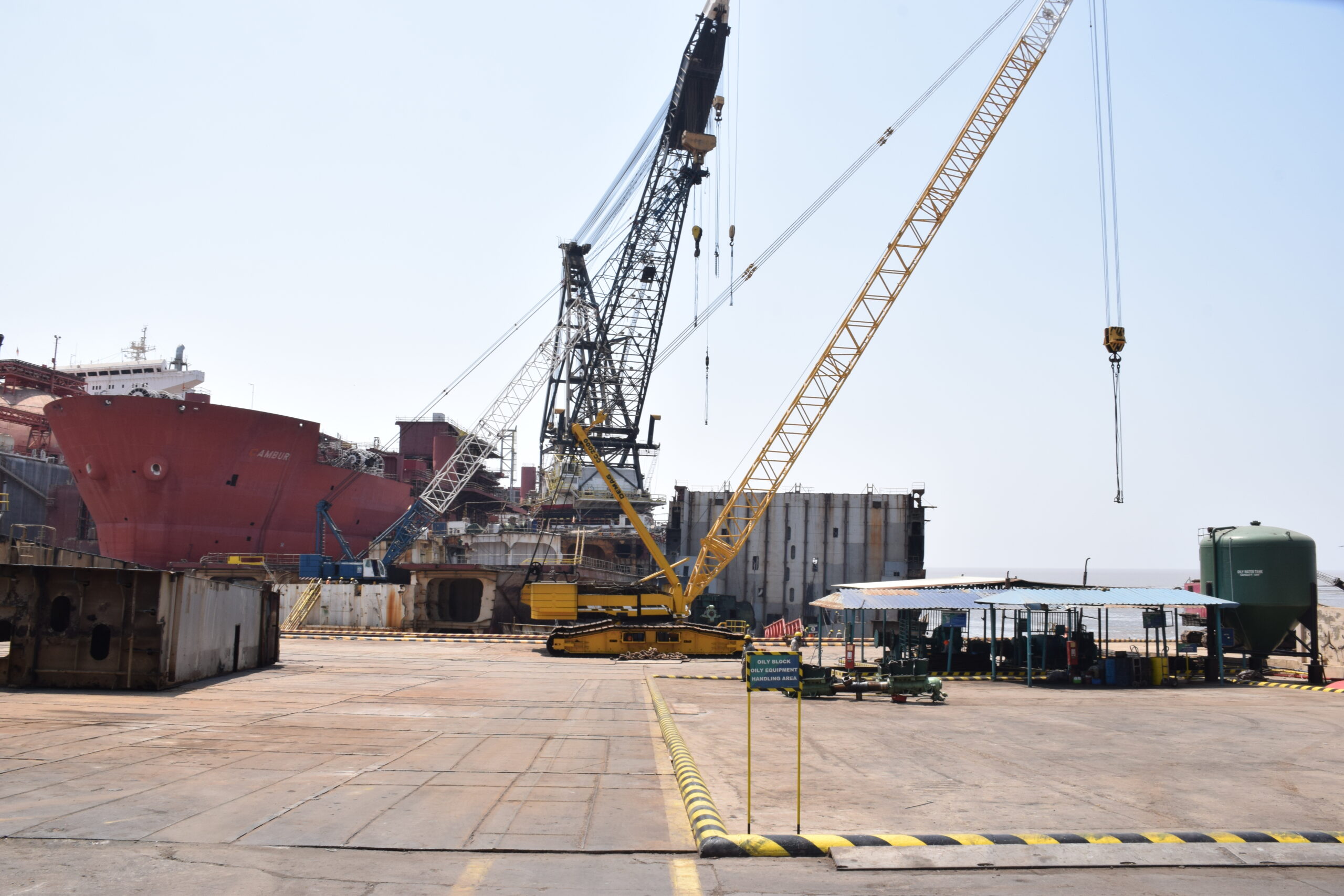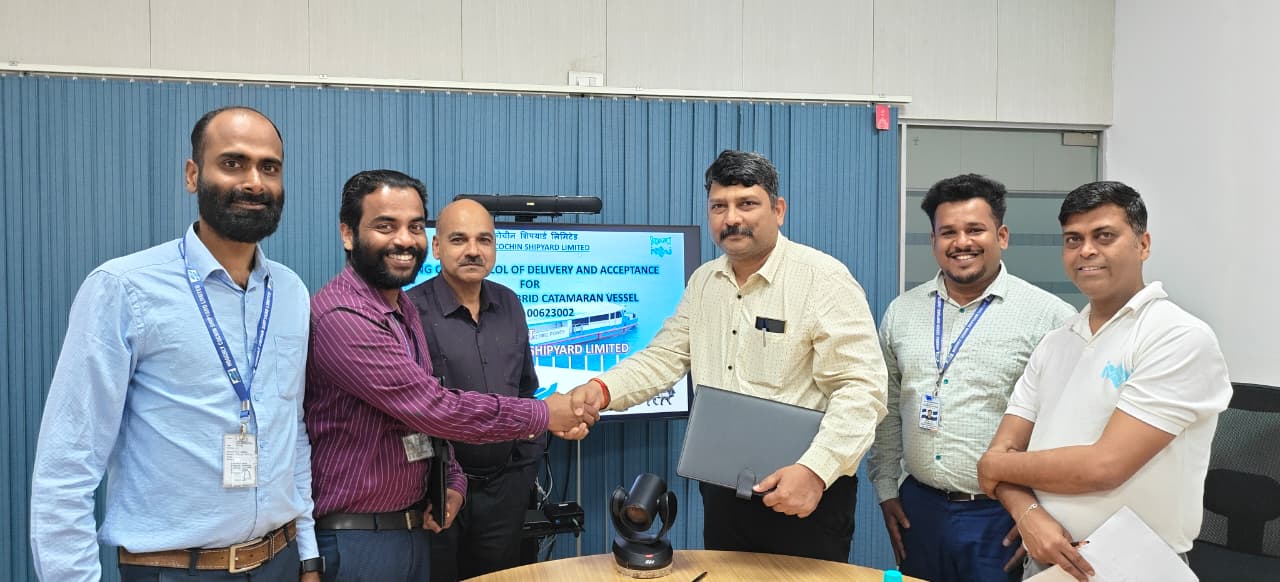The Red Sea Attacks: A Reminder of Food Security’s Role in Conflict
This article discusses the recent attacks by Yemen’s Houthi rebels on shipping in the Red Sea. These attacks highlight two important issues: the vulnerability of global supply chains and the complex relationship between food insecurity and conflict.

Food Security: A Global Challenge
The UN Food and Agriculture Organization (FAO) defines food security as having consistent access to enough safe and nutritious food. However, millions of people around the world, especially in fragile and conflict-ridden areas, struggle with food insecurity. Statistics show that between 691 and 783 million people are food insecure.
The Red Sea Attacks and Their Impact
The Houthi attacks disrupt shipping through the Bab el-Mandeb strait, also known as the “gate of lamentations.” This critical waterway carries vital goods for many nations. Due to the attacks, shipping routes have been diverted, adding significant distances and driving up costs for essentials like food, medicine, and fuel. These increased costs threaten to worsen food security for vulnerable populations worldwide.
A Cycle of Conflict and Food Insecurity
The article explores the link between food insecurity and conflict. While conflict can worsen food security by disrupting agriculture and displacing people, food insecurity itself can also contribute to conflict. Hunger can lead to:
- Recruitment of combatants: Desperate people may join armed groups for food or security.
- Instability: Increased mortality and morbidity rates weaken fragile societies.
- Resource disputes: Competition for scarce land and water can escalate tensions.
- Displacement: Food insecurity can force people to flee their homes, creating further instability.
The situation in Yemen exemplifies this cycle. The country faces severe food insecurity, with 17 million people affected. This insecurity has undoubtedly contributed to the ongoing conflict and may even be used by the Houthis to radicalize people to their cause.
International Response and the Need for Long-Term Solutions
The international community has responded to the Houthi attacks with Operation Prosperity Guardian, aimed at protecting maritime safety in Yemeni waters. However, the delayed response raises concerns about potential vulnerabilities in the international system.
The article emphasizes the need to address the root causes of food insecurity to prevent it from fueling further conflict. Governments and international organizations, particularly the UN, must work together to secure maritime trade and promote food security in the Middle East and globally.
To tackle this issue, it’s crucial for the international community to act swiftly and effectively, using both diplomatic and military measures to address the root causes of terrorism, violence, and piracy, which often include food insecurity.
Food security, as defined by the UN Food and Agriculture Organization, means ensuring that everyone has access to enough safe and nutritious food for a healthy life. Shockingly, between 691 million to 783 million people worldwide are currently food insecure, with many living in areas affected by conflict.
The recent disruption in the Red Sea’s maritime traffic isn’t a new phenomenon. The area, known as Bab el-Mendab, has a history of being a strategic chokepoint. However, the current situation threatens the livelihoods of millions who rely on goods passing through this route.
The Houthi rebels’ actions have already had significant consequences, leading to slower container traffic and rerouting of ships, which increases costs and affects the availability of essentials like food and medicine. These price hikes can worsen food insecurity, particularly for vulnerable populations, and contribute to further instability and conflict.
In response to the Houthi attacks, the US initiated Operation Prosperity Guardian, a multinational effort to safeguard maritime security in the region. This operation, supported by a UN Security Council resolution, aims to prevent further attacks and protect civilian and military vessels.
However, the delay in responding to the attacks raises concerns about the effectiveness of international efforts in addressing maritime threats. While state-sponsored attacks like those by Iran in the Strait of Hormuz are rare, non-state actors like the Houthis can still disrupt critical maritime routes, inspiring other groups to do the same.
Moreover, the connection between food insecurity and conflict is complex. While it’s well-documented how conflict affects food security, there’s less understanding of how food insecurity can drive conflicts or contribute to building peaceful societies. Nevertheless, food insecurity can exacerbate existing tensions by fueling recruitment, instability, disputes over resources, and mass displacement.
Yemen, where the Houthi attacks are occurring, is itself facing a dire humanitarian crisis, with millions suffering from food insecurity worsened by the ongoing conflict. Strikes against Houthi targets risk deepening this crisis if they harm civilians or infrastructure.
To prevent food insecurity from exacerbating conflicts, governments and international organizations must prioritize securing maritime trade routes, particularly in regions like the Middle East where instability is high. Collaboration through the UN is essential in addressing this multifaceted issue.
In conclusion, the attacks in the Red Sea underscore the urgent need to address the intertwined challenges of maritime security and food insecurity to promote peace and stability globally. Saba Sinai, an expert in agriculture, emphasizes the importance of collective action in mitigating these risks and ensuring a more secure future for all.
Disclaimer:
Hey there! Just a heads-up: the stuff you find on this website is meant for general info only. We try our best to keep it accurate and up-to-date, but we can’t guarantee it’s always perfect. We’re not making any promises about how complete, accurate, reliable, suitable, or available the info, products, or services on here are for your needs.
So, if you decide to rely on any of this info, just know it’s at your own risk. We’re not responsible for any losses or damages that might happen because of using this website, whether it’s indirect, consequential, or anything else. That includes things like losing data or profits. Thanks for understanding!
Author: shipping inbox
shipping and maritime related web portal








